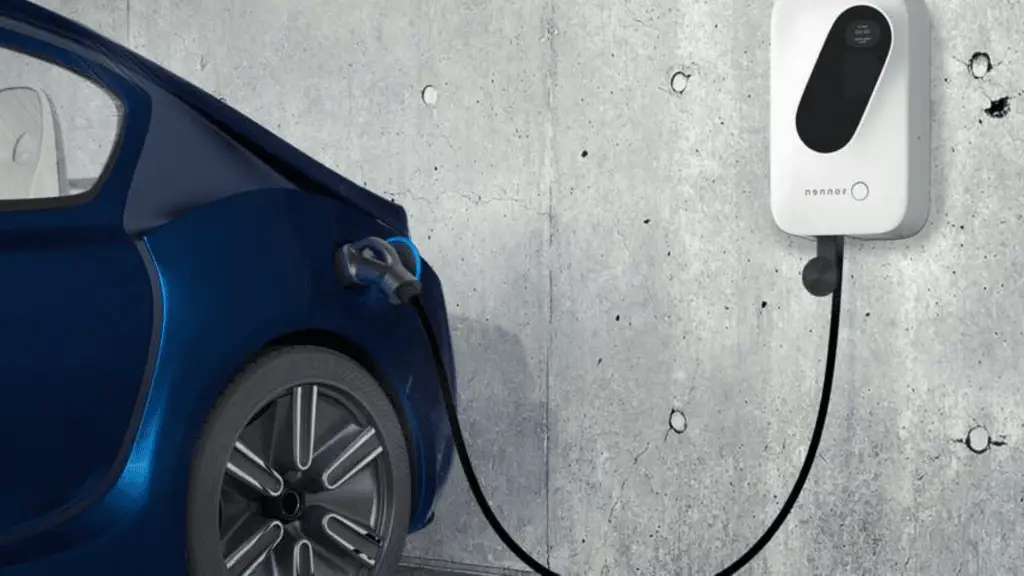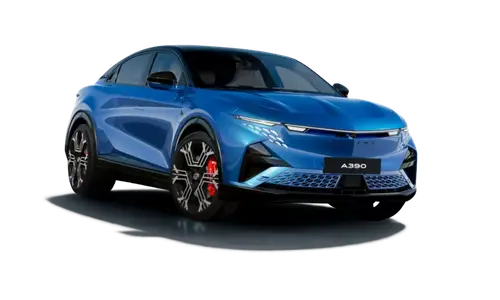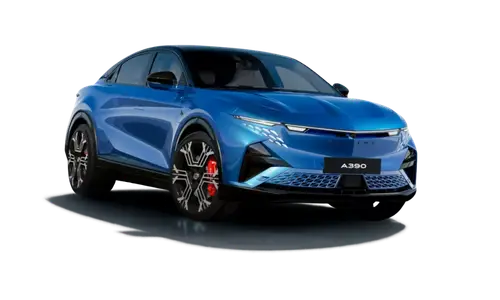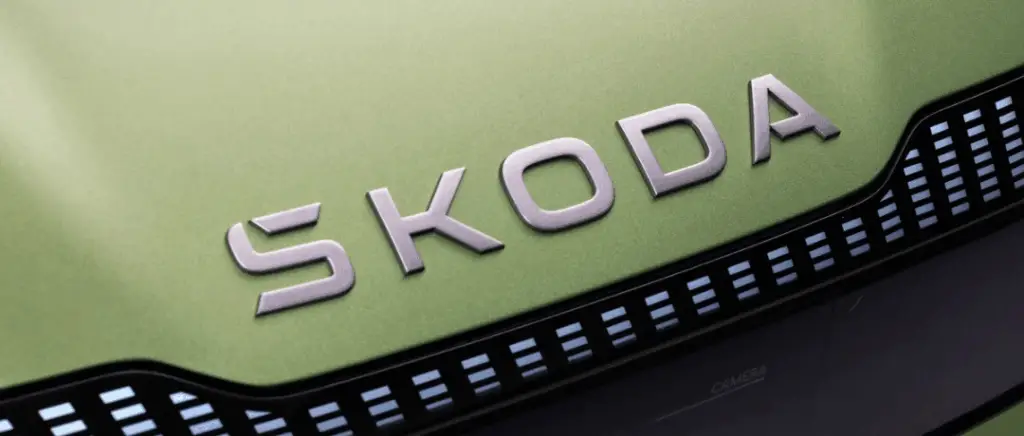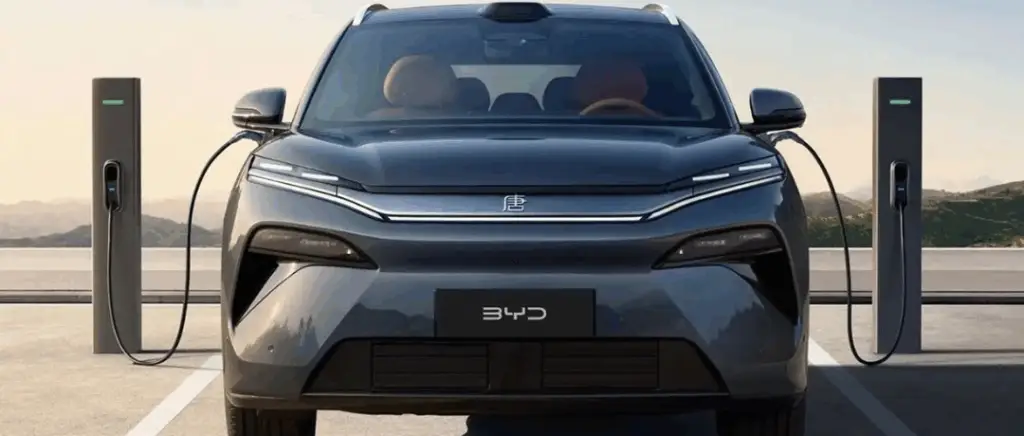Our experts answer your questions with a smile
Monday to Friday 9am - 12.30pm - 2pm - 7pm
What is a kWh and what does its price depend on?
The market for electric car continues to developed in recent years. Car manufacturers are starting to invest more and more in their zero-emission range. Buying a electric car is a step forward in our increasingly environmentally conscious society.
When you've just bought a electric carOne of the first questions that springs to mind is how can we make the most of our time? recharge its EV? The installation of a home charging point can be an ideal solution.
As with internal combustion enginesthe consumption of electric vehicles depends on the model and manufacturer. On the other hand, we no longer speak of litre per hundred kilometres "but " kilowatt-hour per hundred kilometres ". The kWh expresses a quantity of energy. For example, 1 kWh is the energy consumed by a 1000-watt light bulb. This unit expresses the quantity of energy stored in a battery from electric car.
As far as price is concerned, electricity suppliers all offer prices of charging stations different, and that doesn't make it any easier to choose. The electricity used to recharge your electric car will be the same as that used to power your household appliances. Calculating the price of a recharge is fairly straightforward. All you have to do is base it on the consumption of your electric car, which averages between 12 and 20 kWh/100 kmand multiply it by your energy supplier's kilowatt-hour tariff.
If we take a median value of €0.146/kWh for peak hours and €0.125/kWh for off-peak hours, we arrive at the indicative values in the table below.
What are the different suppliers?
La Directive (EU) 2018/2001 was amended by Directive (EU) 2023/2413, which aims to increase the share of renewable energy in energy consumption to 42,5 % by 2030, with an indicative target of 45 %. The directive also imposes specific targets for the transport, industry and construction sectors, with annual increases in the use of renewable energies and accelerated procedures for permits for renewable energy projects. (EUR-Lex). Although France is often criticised for lagging behind other European countries, it has recently stepped up its commitment to renewable energy. The government has been urged to increase its targets for integrating more renewables, despite some resistance due to the preponderance of nuclear power in the country's energy strategy. EU Member States, including France, must transpose the new rules of the Renewable Energy Directive into national law by May 2025, with a focus on simplifying permitting procedures and increasing support for the use of biomass and other renewable sources. .
Here are the main players in the national electricity market:
- EDF : Électricité de France is a French company, over 80 % of which is publicly owned. It is the leading producer and supplier of electricity in France and Europe.
- Engie : is a French industrial energy group. The Group offers electricity and natural gas to individuals, local authorities, businesses and industry.
- Total Direct Energie : formerly Direct Energie, is a private French electricity and gas supplier and producer that has been present on the French market since 2003. It presents itself as the 1ᵉʳ alternative energy supplier in France.
- Eni : is a private Italian oil and gas company founded in 1953 under the presidency of Enrico Mattei. It was privatised in 1998. The Italian state retains a minority stake.
- Happy-e : is a subsidiary of the Engie group
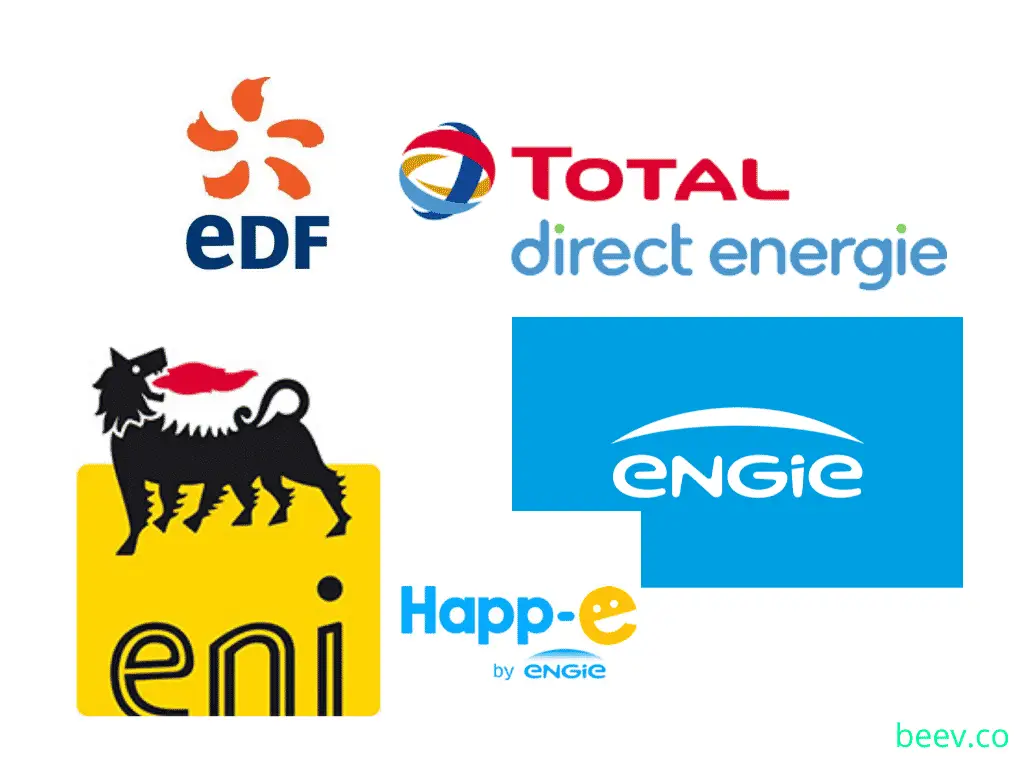
What is green electricity?
After identifying the main energy playersIt's important now to look at the term green electricity. Can relieving the planet with green electricity relieve our wallet?
There are many
synonyms when we talk aboutgreen energyBut the two complement each other quite well, because if this energy is called "green" it's partly because it's "clean" and "renewable". But where does this energy come from?
The green energy comes from energy sources that do not pollute (or pollute very little compared to fossil fuels) and are sustainable because they are inexhaustible. But what is capable of producing such energy? Well, quite simply nature itself. In fact, green energy is generated by natural phenomena such as sunwind, water and its currents, and biomass.
How does green electricity work?
Green electricity refers to electricity generated using various renewable energy sources. As we shall see, nature is no slouch when it comes to clean energy sources, and the main ones are :
- The sun: Whether through its heat or its luminosity, solar energy can produce electricity. Photovoltaic panels installed on the roofs of houses are an example of the environmentally-friendly use of solar energy. The photovoltaic cells inside these panels convert sunlight into electricity and heat homes.
- The wind : The kinetic energy of the wind has been harnessed by mankind for a very long time, as in the case of windmills. Today, wind turbines operate on the same principle and are gradually being developed in France.
- Water : Hydropower enables people to generate electricity. As with a wind turbine, it is a turbine that is turned by the movement of water and connected to a generator to produce electricity. Dams are an example of a common installation for harnessing this clean energy.
- Biomass : Biomass electricity comes from the transformation of materials of plant or animal origin. The heat released by the combustion of these materials is used to produce green electricity.
It is therefore thanks to these various natural phenomena that electricity suppliers can offer us green electricity.
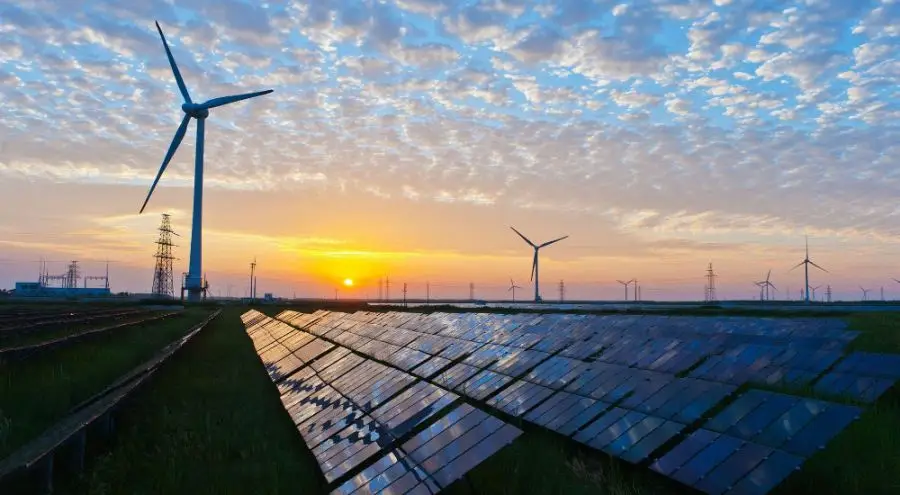
Which suppliers offer special deals for electric vehicles?
We have selected the offers of the main energy players for you, and let's discover them together.
The Engie electric car offer includes :
- Elec'Car : the electricity supply offer that gives you a -50% reduction on the price per kWh during off-peak hours compared with peak hours. This 3-year contract guarantees electricity certified as green by guarantees of origin.
- Elec'Charge : the offer to install the charging point at your home. Engie claims that its charging point can recharge the vehicle's battery 3 times faster than a conventional mains socket. It comes with a 2-year guarantee and is installed by professionals (within one month of signing the quotation). Price: from €999 inc VAT.
It is possible to select just one of the two offers. However, it is still simpler for subscribers to use the same partner for installation of the terminal and its power supply.
The conditions for the Engie offer
If you would like to find out more aboutsupport for the installation of charging points for private customers in 2024For more information, see our article on this subject.
